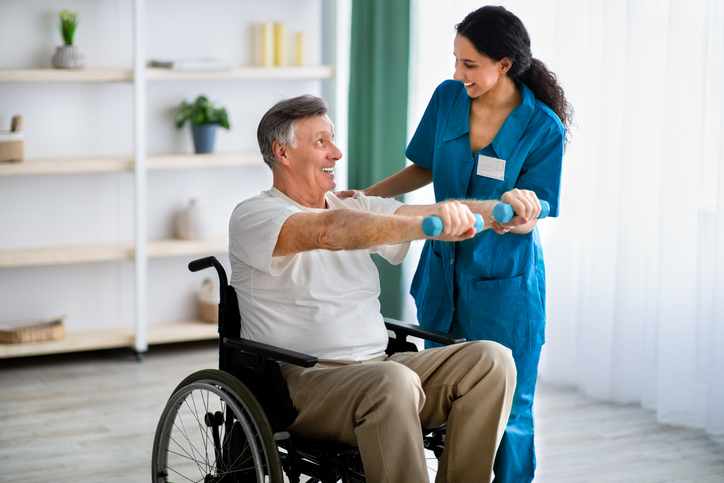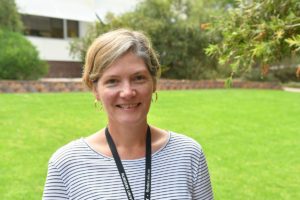
More than 445,000 Australians are living with stroke, and around half of these people struggle to move their arms or hands.
However, fewer than half of these people who would benefit from assistance receive the recommended rehabilitation to address their arm and hand weakness.
Flinders University’s College of Nursing and Health Sciences and College of Medicine and Public Health is involved in PROMOTE: A Cluster-Randomised Implementation Trial, to address the gap between research into stroke rehabilitation and inadequate rehabilitation implementation across Australian healthcare services.
This project, which has been awarded $2.99 million by the Medical Research Future Fund (MRFF) and is being led by Monash University, will help to support therapists to understand the current research, and support them to deliver therapy to stroke survivors in a way that gives stroke survivors the best chance of recovering function in their arms and hands.
The PROMOTE trial will investigate how to successfully deliver an implementation package spanning education, skills training, on-site support and resourcing to increase adherence with evidence-based practice in stroke rehabilitation for people with arm and hand weakness.
“I welcome the funding to work with clinicians so that the Stroke Foundation clinical guideline recommendations can support best practice arm and hand rehabilitation,” says lead investigator and occupational therapist Professor Natasha Lannin, from the Monash Central Clinical School Department of Neuroscience and Alfred Health.
“Implementation of guidelines is complex, and our work will test a suite of strategies to support clinicians in stroke rehabilitation.”

Matthew Flinders Fellow, Dr Elizabeth Lynch, says Flinders’ role in the project will be to understand what people and health services need to be able to implement stroke rehabilitation guidelines successfully.
“The intervention being investigated is a champion-led resource intensive implementation package. Champions will work closely with clinical teams using a range of strategies to implement evidence for arm and hand rehabilitation for people with stroke,” says Dr Lynch.
“We will compare this champion-led face-to-face implementation package to access to online learning modules to support use of the stroke clinical guidelines.
“Funds will be coming to Flinders to recruit senior occupational therapists or physiotherapists to act as guideline champions at sites assigned to receive the face-to-face implementation package. At least one of these sites will be in regional SA, which is really important for equity of access to high quality stroke rehabilitation for people living outside metropolitan centres.”

“We expect that different champions will use different strategies and various sites will have altered requirements, so we will be trying to work out what strategies work best in different situations and with different people. We will also interview staff to get their views on what supports them to change their behaviour.”
Dr Lynch will develop a plan to be implemented across Australia within 12 months of the trial being completed, with help from Stroke Foundation, which is also involved in the research.
Key partners in the grant include Flinders University, Monash University, Alfred Health, Stroke Foundation, Australasian Faculty of Rehabilitation Medicine, Macquarie University, University of Newcastle, University of Melbourne, and health services across NSW, Victoria and SA.

